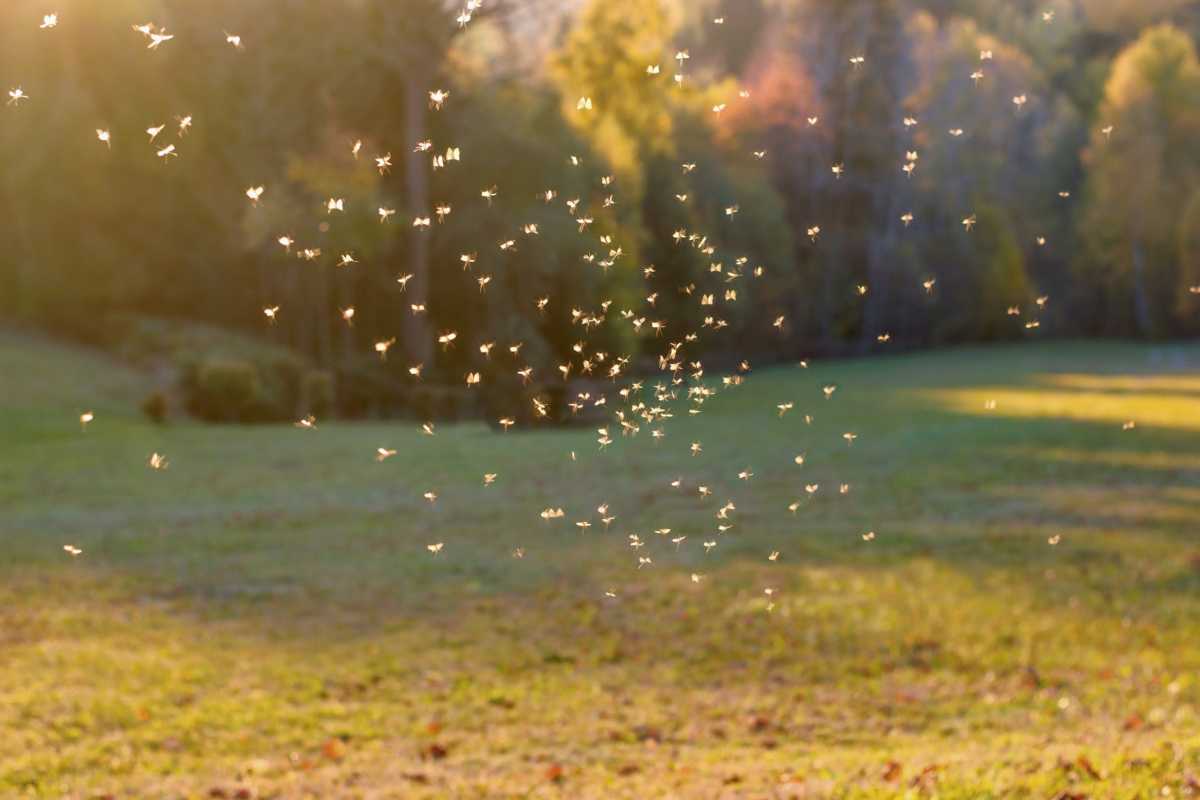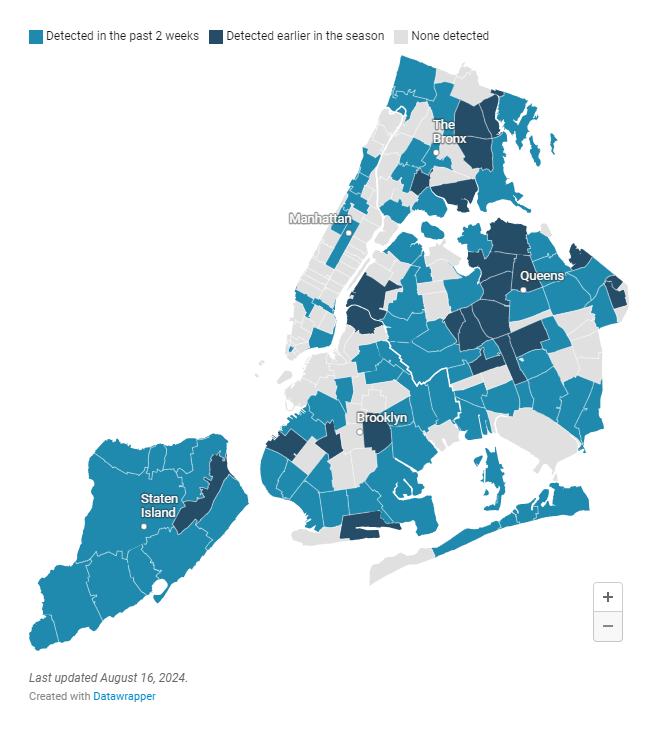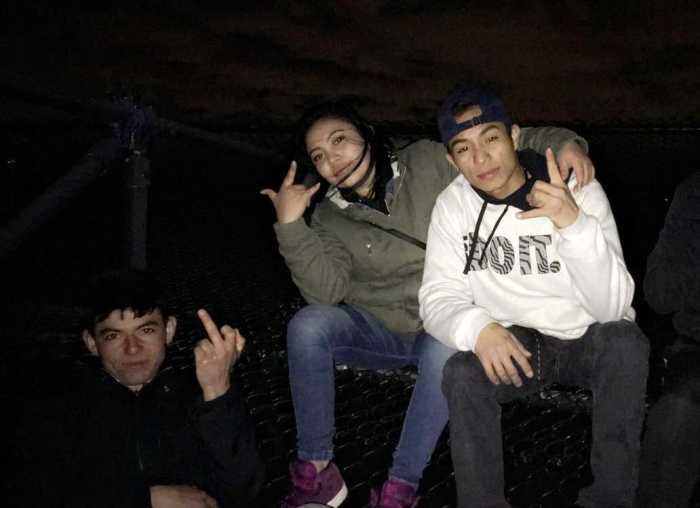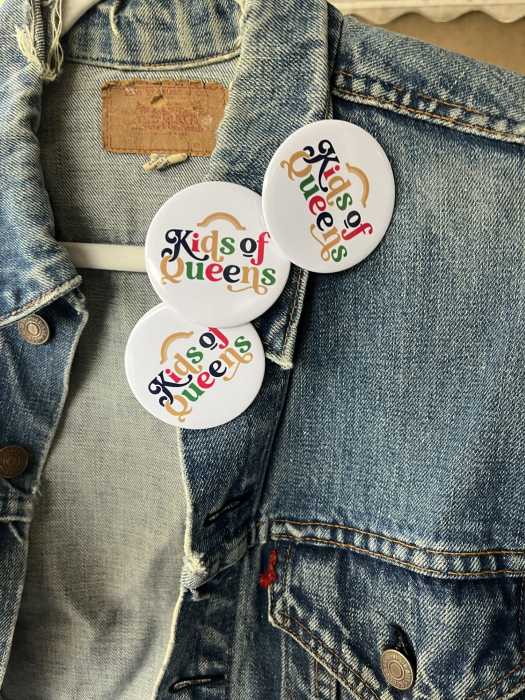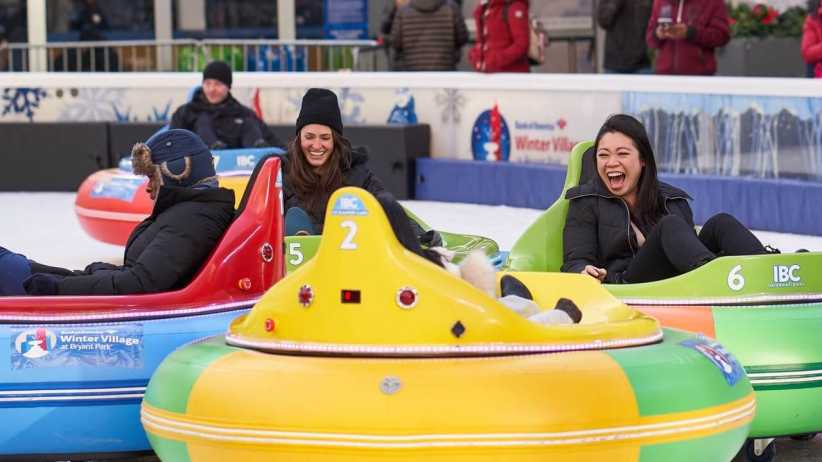Over the past two months, mosquitoes in more than 40 Queens neighborhoods—and additional areas across New York City—have tested positive for the West Nile Virus, according to the city’s Department of Health and Mental Hygiene.
Four residents from Queens and Manhattan were confirmed to have contracted West Nile Virus disease through an infected mosquito bite beginning in late July.
Three of the four infected residents were hospitalized with neuroinvasive disease, a condition of contracting a virus where it infects the nervous system, and the other was diagnosed with West Nile fever.
Data shared by the city health department also shows the presence of the West Nile Virus in mosquitos across the city has more than doubled since the same time last year and tends to show peak activity during August and September.
NYC Health Commissioner Dr. Ashwin Vasan is encouraging New Yorkers to take mosquito prevention measures, such as removing standing water from pools and using EPA-registered insect repellent spray.
“The Health Department is actively working to prevent West Nile through public education, treating marshy areas and spraying for mosquitoes,” said Vasan. “We all have a role to play to protect ourselves and each other. Using an EPA-registered insect repellent is one very important tool, especially when outside at dusk and dawn, when the types of mosquitoes that transmit West Nile virus are most active.”
In Queens, neighborhoods where the NYC Health found mosquitos that tested positive for the West Nile Virus included Astoria Heights, Bay Terrace, College Point, Edgemere, Far Rockaway, Forest Hills, Glendale, Howard Beach, Kew Gardens, Laurelton, Maspeth and Middle Village, among others.
A map showing the affected areas from NYC Health details all the impacted neighborhoods.
The West Nile virus is nothing new for New York, but those most impacted by contracting the mosquito-borne disease and further complications include people with a weakened immune system and those over 60 years old, NYC Health says.
Furthermore, NYC Health shares that rare cases (about 1 in 150) can develop a serious and potentially fatal illness of the brain and spinal cord called West Nile neuroinvasive disease, leading to changes in mental status and muscle weakness requiring hospitalization.
Most people infected with West Nile virus have no symptoms, according to city health officials, but common symptoms of the virus include fever, headache, muscle aches, rash and extreme fatigue.
Additional tips from city officials on ways to combat contracting West Nile virus include:
- Use of insect repellent approved by the EPA. Visit the EPA site to search by product and duration of effectiveness.
- Avoiding and limiting time outdoors during dusk and dawn if living with a compromised immune system.
- Ensuring windows have intact screens to prevent mosquitos from entering indoor areas.
- Eliminating any standing water from your property and disposing of containers that can collect water.
- Keeping roof gutters clean and drained properly.
- Maintaining and covering swimming pools, outdoor saunas and hot tubs to prevent mosquitos from using standing water.
Standing water pools that are not emptied in a public or private space can be reported to 311. Residents are encouraged to contact 311 to report problem areas with mosquitos and standing water.

